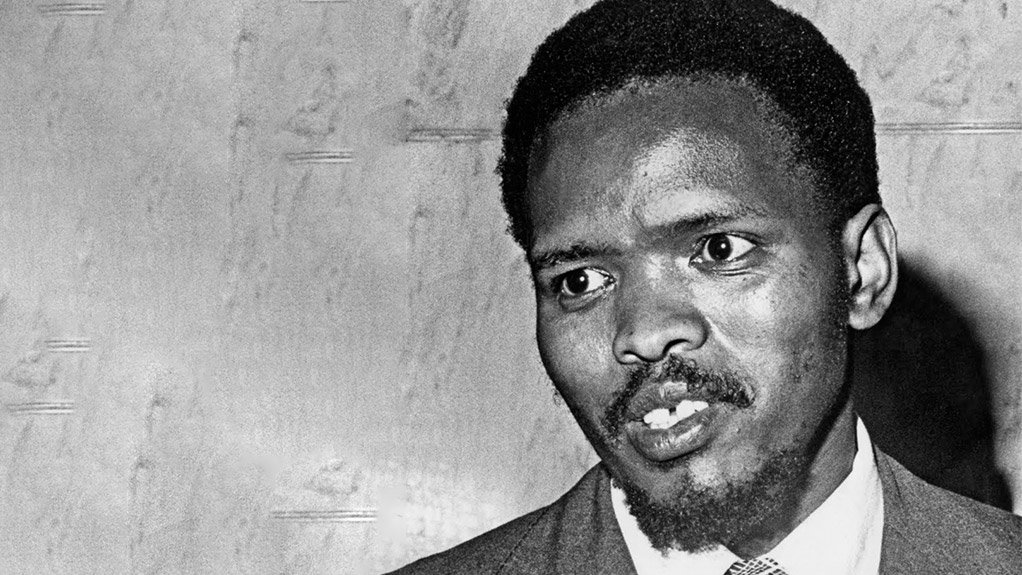Forty-eight years after the death of anti-Apartheid activist and Black Consciousness leader Steve Biko, the National Prosecuting Authority (NPA) will on Friday reopen the inquest into his death, which has been welcomed by the Helen Suzman Foundation (HSF).
Biko died in police detention after he was allegedly tortured by personnel of the then apartheid regime in 1977.
After the original 13-day inquest in November 1977, Biko’s death was ruled as an accident and the original medical examiners and alleged special branch agents were exonerated.
In 1978, the Eastern Cape Attorney-General refused to prosecute anyone related to Biko’s death.
The reopening of the inquest comes from the Minister of Justice and Constitutional Development Mmamoloko Kubayi’s approval of the National Director of Public Prosecutions’ request, which was supported by the legal representatives of the Biko family.
NPA regional spokesperson for the Eastern Cape Division Luxolo Tyali said the main goal of reopening the inquest was to lay before the court evidence that would enable the court to make a finding in terms of the Inquests Act, as to whether “the death was brought about by any act, or omission, which prima facie involves or amounts, to an offence on the part of any person”.
The HSF noted that the inquest comes on the back of another Apartheid-era case 'Calata and Others vs Government of RSA and Others', in which HSF was admitted as an amicus curiae.
The foundation pointed out that on September 19, 1977, Helen Suzman was one of the opposition MPs calling for the resignation of the then Police and Justice Minister James Kruger.
“She stated that the indirect cause of Biko’s death was section 6 of the Terrorism Act of 1967, which allowed police to detain those suspected of terrorism for 60 days without trial,” the HSF pointed out.
It also recounted Suzman’s attendance at Biko’s funeral, with fellow Progressive Party member Zach de Beer, at which they were met with a crowd that demanded they leave.
“I am Helen Suzman. I have come to pay my respects to Steve Biko,” she called out and showed her credit card to prove her identity.
“This is when the crowed allowed her and De Beer passage, allowing them to mourn the death alongside many who considered Biko to be one of the strongest anti-Apartheid voices,” the HSF said.
It further noted that after Biko’s death, Suzman continued to mention Biko in Parliament, stating that the world would not forget Biko’s death.
“True to her word, she continued to advocate for the fair and just treatment of those in detention, producing 37 signed affidavits about the conditions of torture and ill-treatment in September 1987,” the foundation explained.
The foundation highlighted that while the original four officers who were allegedly responsible for Biko’s death appeared before the Truth and Reconciliation Commission in 1997 and were denied amnesty, they continued to deny responsibility for his death.
EMAIL THIS ARTICLE SAVE THIS ARTICLE ARTICLE ENQUIRY FEEDBACK
To subscribe email subscriptions@creamermedia.co.za or click here
To advertise email advertising@creamermedia.co.za or click here











